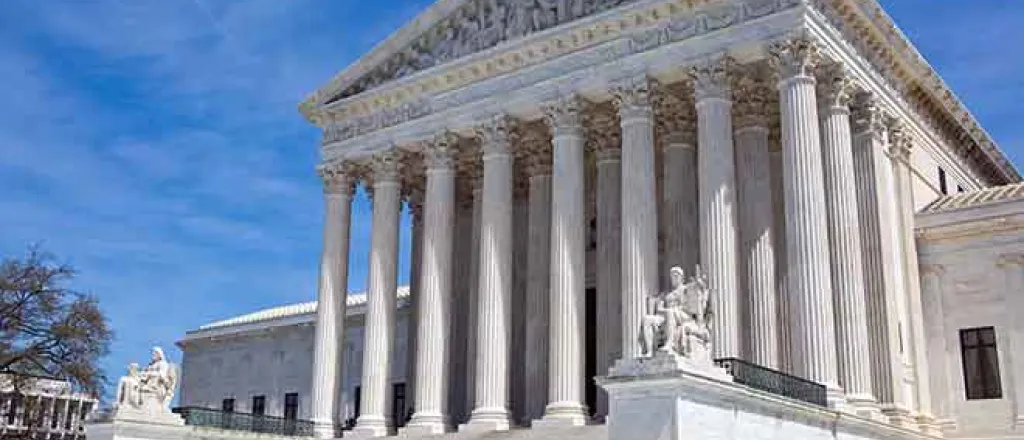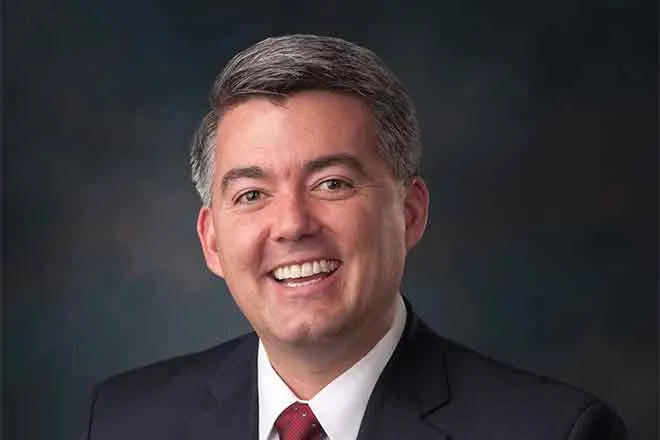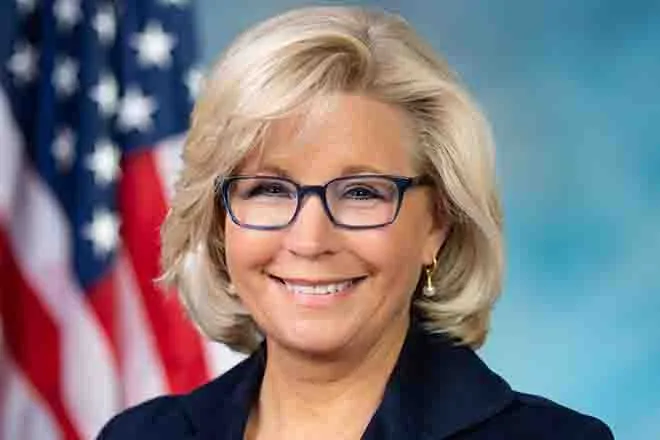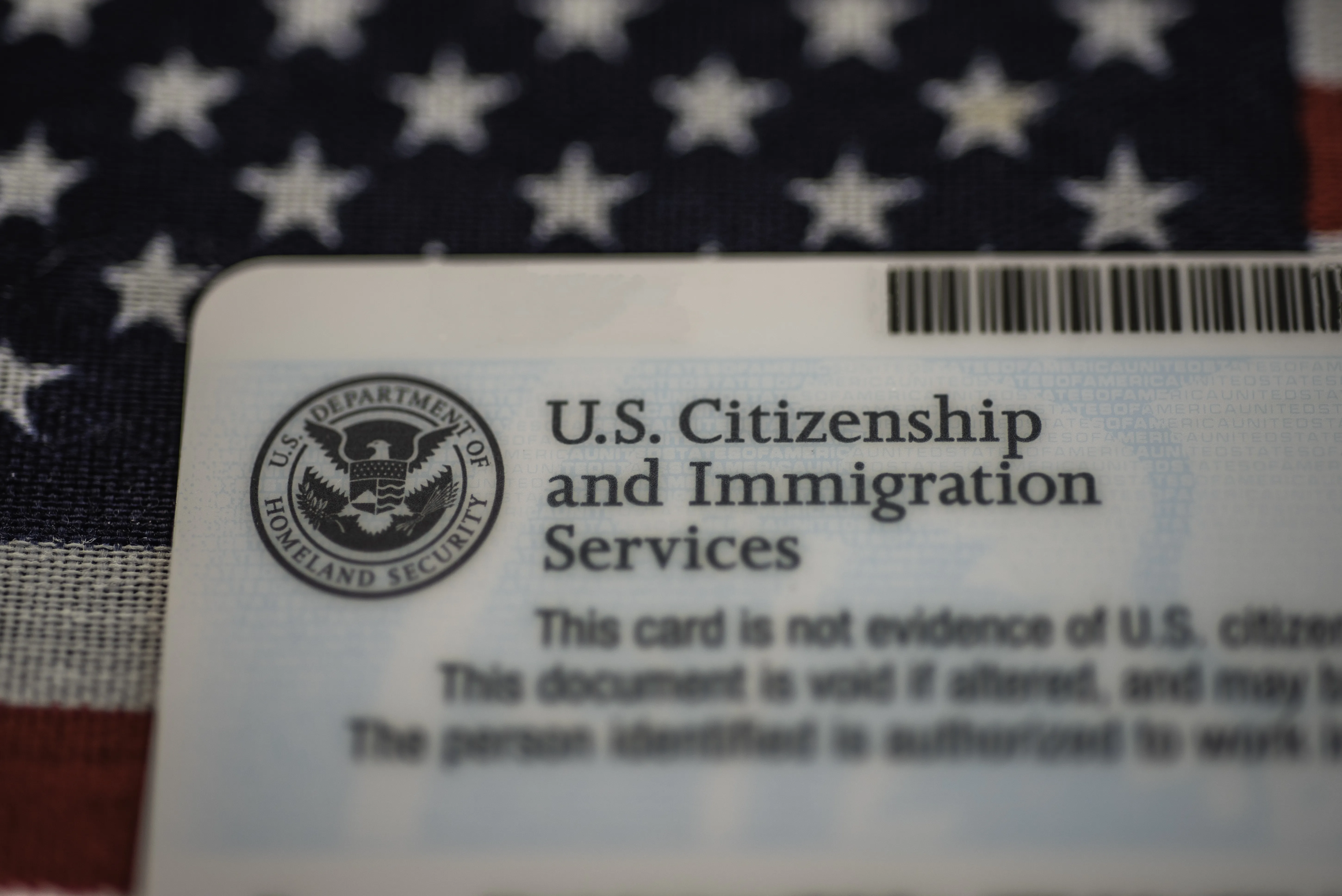
U.S. Supreme Court to hear Colorado case pitting speech rights v. minority groups' rights
(The Center Square) – The U.S. Supreme Court will hear oral arguments starting next week in what could be a landmark case centered on a Colorado small business owner’s free speech right.
Lorie Smith, owner of graphic design company 303 Creative in Littleton, is challenging the state’s public-accommodation law, which she argues is compelling her speech. Smith wishes to create wedding websites only for straight couples, citing her religious beliefs.
Colorado argues this would violate the state’s public-accommodation law, which prevents sales discrimination but does not regulate speech.
The case also mirrors another high-profile case from Colorado that worked its way up to the Supreme Court but ended with a narrow ruling. In Masterpiece Cakeshop v. Colorado Civil Rights Commission, the court determined that the commission discriminated against the shop’s owner, Jack Phillips, who refused to make a cake for a same-sex marriage wedding but did not address free speech rights.
Smith says Colorado’s law compels her speech as an artist to create messages that go against her traditional beliefs on marriage.
State law reads in part: “It is a discriminatory practice and unlawful for a person, directly or indirectly, to refuse, withhold from, or deny to an individual or a group, because of disability, race, creed, color, sex, sexual orientation, gender identity, gender expression, marital status … the full and equal enjoyment of the goods, services, facilities, privileges, advantages, or accommodations of a place of public accommodation…”
According to Smith, the artwork she creates with her business is custom, “but Colorado is … compelling my speech and forcing me to use my artwork to design and create and celebrate messages that violate my beliefs.”
The Colorado attorney general’s office says giving Smith an exemption from state law would pave the way for businesses to discriminate against prospective customers.
“The nation and the state of Colorado have long required businesses open to the public to serve all customers. The U.S. Supreme Court has repeatedly affirmed the state’s ability to prevent sales discrimination,” Lawrence Pacheco, the office’s communications director, told The Center Square. “Abandoning this important and longstanding principle now would allow businesses to discriminate based on who customers are, including on the basis of gender, race, and religion. The Court should protect these important civil rights.”
Smith’s attorney with Alliance Defending Freedom, the conservative law firm that also represented Phillips in his case, argues a ruling in Smith’s favor would mean LGBT graphic designers wouldn’t be forced to create websites against their beliefs, such as one criticizing same-sex marriage.
“A ruling in Lorie’s case would protect the LGBT graphic designer who doesn’t want to be forced to criticize same sex marriage just as much as it would protect Lorie,” ADF attorney Kellie Fiedorek said.
The Colorado attorney general’s office maintains the state’s anti-discrimination law “regulates sales, not speech.”
“What a business chooses to sell to the public remains entirely up to the business,” Pacheco added. “Therefore, a public business that designs and offers LGBTQ-themed websites must offer those LGBTQ-themed websites to all customers, even if those customers are opposed to same-sex marriage because of their religion.”
The case, 303 Creative LLC v. Elenis, has drawn dozens of amicus briefs on both sides of the issue.
Rob Natelson, a senior fellow in constitutional jurisprudence with the Denver-based Independence Institute, told The Center Square that it will be interesting to see if the court goes the route of the U.S. Constitution’s original meaning or balancing.
“In the 303 Creative case the Court of Appeals said [Lorie] has a free speech right in making websites but the state has a compelling interest in protecting marginalized groups, and the law is narrowly drafted to promote that interest, and therefore her right is outweighed,” he told The Center Square.
“Now that doesn’t really work very well with the First Amendment,” Natelson added. “The First Amendment says the right to free speech shall not be infringed, right?
“I think she will win because the implications of allowing the state to force her to say things are really grave and, from a constitutional standpoint, the real interesting question is whether they use this 20th Century methodology that’s really divorced from the real meaning of the constitution, or whether they do what they did in the New York State Rifle Association case and go back to the original meaning of the constitution and decide it on that ground.”
Smith described in an interview the 6-year-old case as a “rollercoaster ride” – from lower courts siding with the state to being harassed, doxxed, and even facing death threats.
“I think the hardest part for me is that those who oppose my view on marriage may not really understand that what I’m standing to protect – the right to speak freely protects all of us,” she said. “Not only does it protect me but it protects the LGBT web designer who shouldn’t be forced to promote messages opposing same-sex marriages.”
Smith and her attorney are hopeful the Supreme Court will rule in her favor.
“The Constitution is very clear that the government cannot compel speech, it cannot compel expression,” Fiedorek said. “Every single one of the justices has taken an oath to uphold that Constitution, so we’re very hopeful that they will rule in favor of free speech and not force artists to say something they don’t want to.”
Oral arguments in the case are scheduled for Monday, December 5.
















